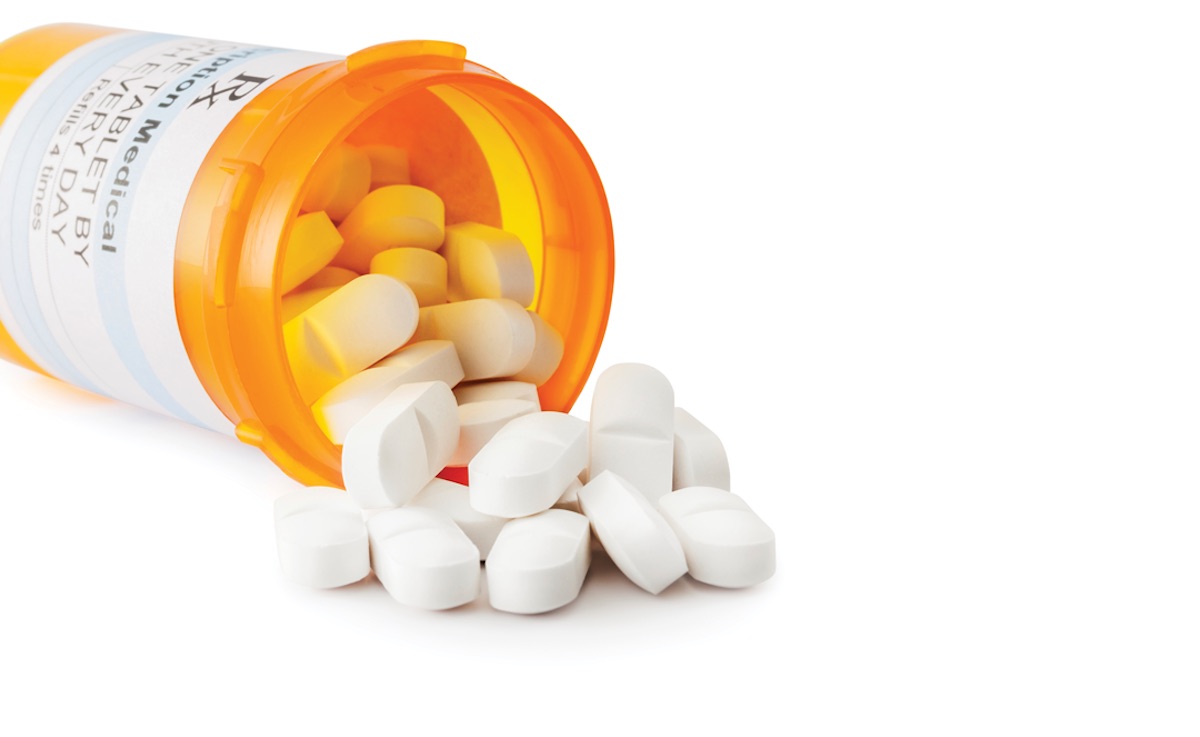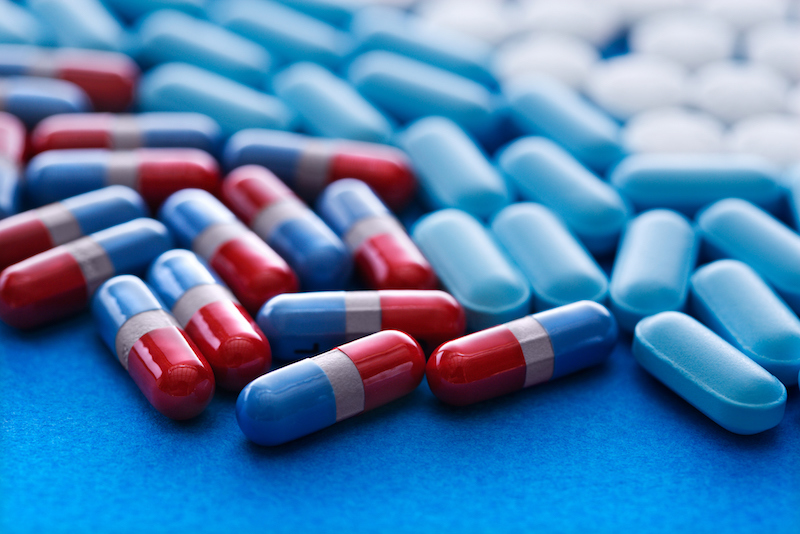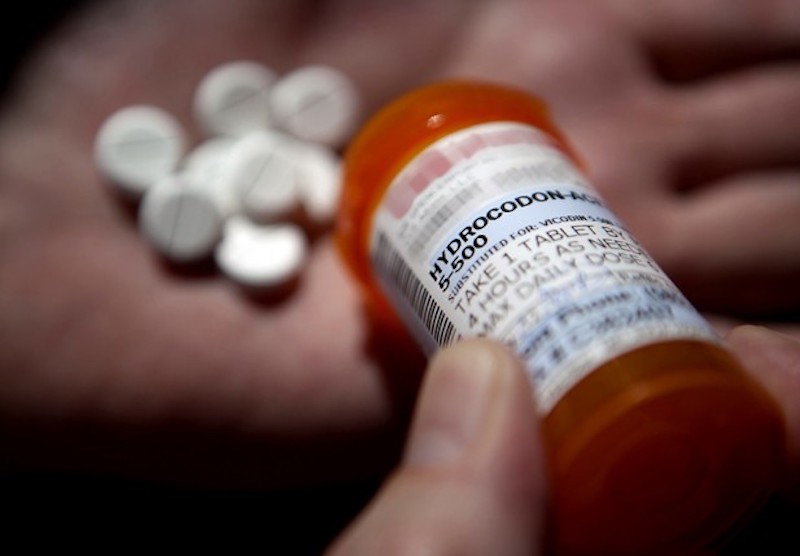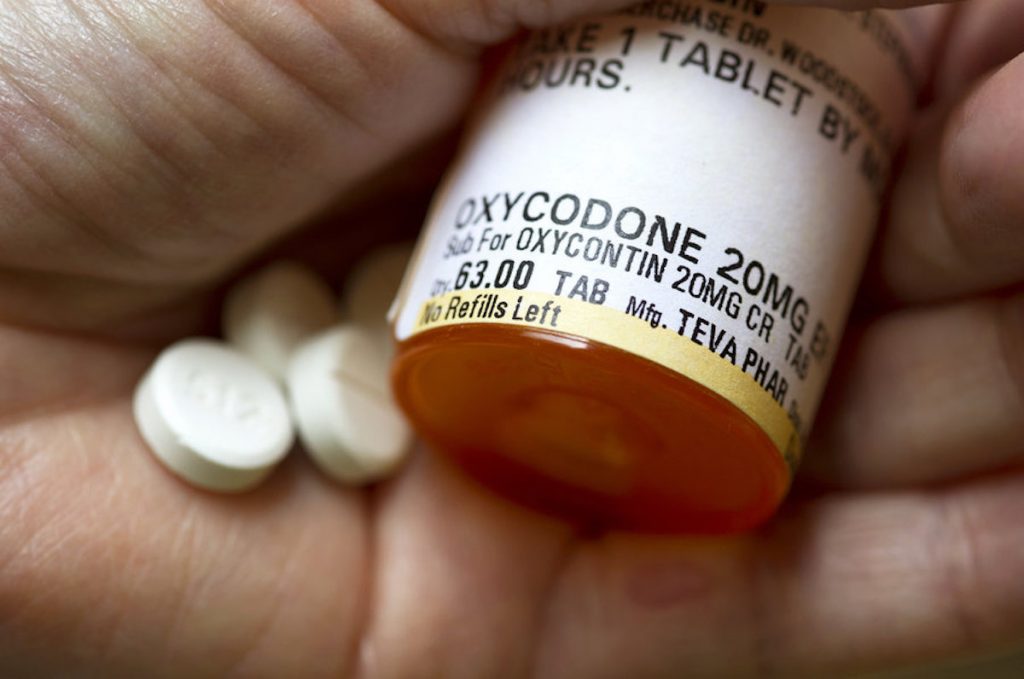The number of opioid prescriptions has decreased in the past few years, after more than a decade of explosive growth.
Although reducing the number of prescriptions will decrease the number of people who become addicted to opioids, too many prescribing restrictions could deny opioids to patients who need and benefit from them.
How can we know if and when prescribing controls have gone overboard and the population has insufficient access to prescription opioids? In short, how will we know if the effort to restrict opioids has gone too far?
United Nations data provide one important benchmark against which to judge how much more or less opioid consumption might be appropriate for a given country.

Americans are prescribed about six times as many opioids per capita as are citizens of Portugal and France, even though those countries offer far easier access to health care.
The largest disparity noted in the U.N. report concerns hydrocodone: Americans consume more than 99 percent of the world’s supply of this opioid.
One might think that Americans consume more opioids because as an aging population, they have objectively more aches and pains.

Countries with a much higher proportion of senior citizens than the United States, such as Australia and Italy, consume only a fraction of the prescription opioids of Americans.
If objective need doesn’t explain the relatively enormous prescription opioid consumption in the United States, what does? Economics, politics and culture are all likely at play.
U.S. pharmaceutical manufacturers have been highly successful at promoting prescription opioids in this lightly regulated, profit-driven health-care environment.
The huge profits of opioid manufacturers and distributors translate into significant political clout, further supporting expanding U.S. opioid consumption.

As previously reported in The Washington Post, when federal drug agents began holding opioid distribution companies accountable for shipping massive numbers of opioids to pill mills, lobbyists from the industry successfully pressured the Justice Department’s leadership to curtail the investigation.
Chillicothe, Ohio is grappling with an addiction epidemic driven by opioids like heroin.
A European in this situation might reflect sadly that aging and physical decay must be accepted as part of life, but an achy American might demand that his doctor fix what he sees as an avoidable problem by prescribing him opioids.
None of this means that some Americans don’t have a legitimate need for opioids, nor that U.S. doctors sometimes don’t prescribe opioids when they should.
More from Things Health
-
7 Deadly Diseases That Afflict Black Americans
There are 7 deadly diseases that affect more black Americans than white Americans. These diseases hit harder and occur more often in the said demographic.…
-
10 Addictions that Could Be Affecting Your Life
You’re out for dinner with a friend, but are you catching up with them, or spending your time on Facebook, Twitter or Instagram? Today it’s…
-
Things That Don't Actually Need To Be Refrigerated
How much of this stuff even needs to be in here? You might be surprised that a lot of it doesn't. Read on! If you…
-
Testosterone Makes Men More Impulsive
Research conducted by scientists from Caltech, the Wharton School, Western University, and ZRT Laboratory tested the theory that higher testosterone levels increase the tendency in…
-
Study Suggests That Stroke and Dementia Risk Is Linked to Artificial Sweeteners
Consuming a can a day of low- or no-sugar soft drink is associated with a much higher risk of having a stroke or developing dementia,…






